Solutions You Want…Results You Need…The First Time…Everytime!
Assessments
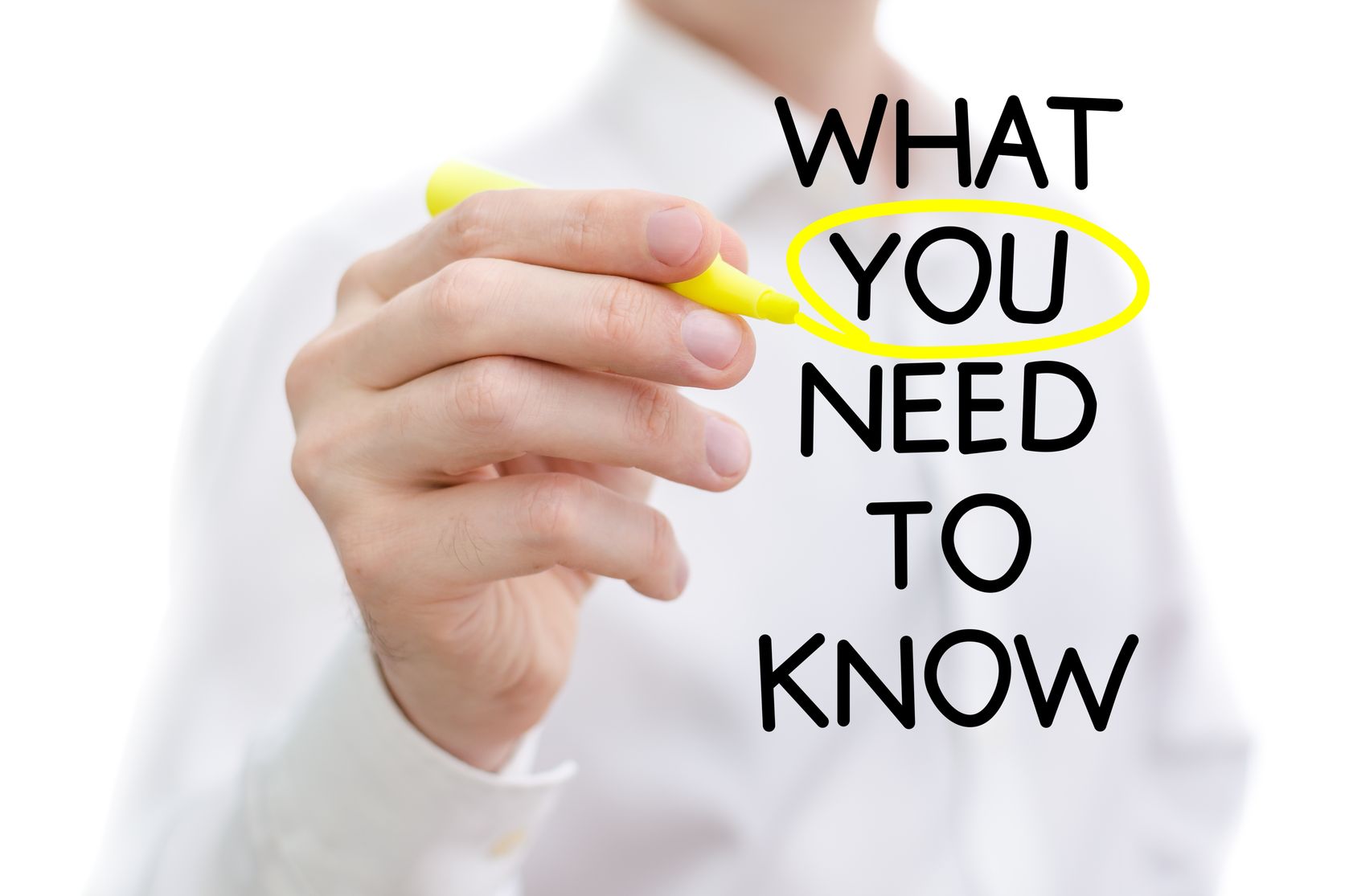
Assessments come in all shapes, sizes, colors, flavors, etc… Three important things to remember are:
1 You have to decide up front what your expectations are when seeking results from the assessment.
2 You get out of it what your participants put into it. If participants are not clear about why they are taking it or are not in the right frame of mind when taking it, responses may not be as accurate and results will reflect it.
3 Assessments provide an entry point into deeper discussions regarding self discovery, self awareness, personal insights, greater personal clarity, and serves as a foundation for actionable areas of focus.
At DCG we strive to assist you in determining what the right tool or instrument is, then helping the participants get in the correct mind-set to take it. We use a seven step (D7) process to help get the participants results that provide greater self awareness and optimize their performance for the organization.
In House Verbal 270° & 360°
DCG provides a Verbal 270° & 360° Process where one of our consultants/coaches can work directly with a person or their Manager. You provide the list of names of individuals who will rate the subject, schedule the times for the in-person or telephone interviews and we will do the rest. A feedback report is provided to the subject and the client with recommended next steps along with an action planning template.
Follow-on Coaching is available and can be provided.
Myers Briggs Type Indicator® (MBTI®) Step I/II
The Myers-Briggs Type Indicator® (MBTI®) Assessment is based on Carl Jung’s theory of psychological type, and is the most widely administered and researched personality assessment tool in use today. The MBTI assessment is based in the theory that we all have inborn preferences in the way we gather information, make decisions, energize, and orient ourselves to the outer world.
Fundamental Interpersonal Relations Orientation (FIRO®) Element – B
Based upon extensive research in interpersonal dynamics and needs, the FIRO-B is a self-report tool that focuses on an individual’s needs when in a group. The instrument snapshots expressed and wanted behavior concerning inclusion, control and affection—core elements of group life and is a powerful coaching, team building and self-awareness tool.
The FIRO Business® assessment measures Expressed and Wanted interpersonal needs in three areas that affect work relationships: Involvement, Influence and Connection. The FIRO Business assessment helps organizations develop great leaders, while improving organizational performance.
EQ-i 2.0 / EQ360
Emotional Intelligence is a body of research and a rich avenue of self-exploration and development that has steadily grown in popularity since introduced in the 1980s. The most respected self-reporting assessment in the field—the EQ-i 2.0 and the EQ360, both revised and re-launched in 2011. Initially developed by Reuven Bar-On, Ph.D., this 133 question self-assessment explores the frequency of and role that fifteen different elements of emotional well-being play in your life.
Klein Group Instrument (KGI)
The KGI is unique to team-focused assessments, targeting both outcomes (task analysis, planning, and execution) and process (conflict resolution, negotiation, and emotions). A self-administering tool designed to explore the specific kinds of leadership, negotiation, task and interpersonal skills needed to be successful in today’s team-driven workplaces. It assists people in defining, assessing and developing both leadership and team membership skills. The KGI is a comprehensive assessment instrument that can be taken by individuals or entire teams
Thomas-Kilmann Conflict Mode Instrument (TKI)
Thomas and Kilmann’s theory asserts that every conflict has within it two independent variables—the degree to which each participant or party in the conflict is assertive and cooperative. The different degrees to which each person or party is high or low assertive and cooperative yield the five different conflict “modes.” This matrix theory is based on Robert Blake and Jane Mouton’s Managerial Grid, which rests upon the two variables: concern for production and concern for people.
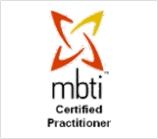
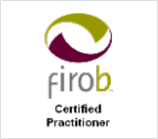

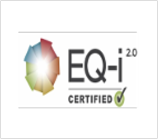

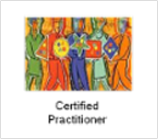
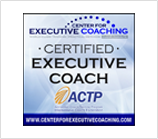
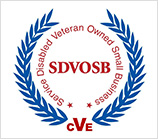
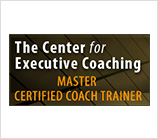
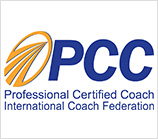
![]() Engaged Workforce
Engaged Workforce
![]() Team Cohesion
Team Cohesion
![]() Enhanced Leadership Skills
Enhanced Leadership Skills
![]() Organizational Excellence
Organizational Excellence
Helping you take your organization to new heights!
